
In a world where the cost of certain ingredients is skyrocketing, reformulation isn’t just about cheap swaps, believes Kirsty Matthews, brand manager at Macphie.
Using almond shortages as an example, she explains why it signals a bigger shift for the baking industry with product developers being urged to create recipes that can withstand the unpredictable.

“For years, classic bakes have offered a sense of heritage and certainty. Recipes like the Cherry Bakewell are steeped in tradition, with familiar flavour profiles and ingredient lists that rarely change. But the challenges facing today’s supply chains are starting to rewrite that rulebook.
Almonds, long seen as a staple in bakery production, are becoming harder and more expensive to source. Drought conditions in California and parts of Europe, combined with global trade and cost pressures, have made the supply of almonds increasingly volatile.
It’s a trend that’s not just affecting pricing, but also prompting a broader question across the industry: what happens when familiar ingredients are no longer guaranteed?
As bakers and manufacturers grapple with cost fluctuations and growing uncertainty, reformulation has quickly moved up the agenda. Ingredients that once felt untouchable are now being reconsidered in the name of resilience, performance and allergen safety.
Reformulation is no longer about finding a ‘cheap swap’, it’s about designing recipes that can withstand the unpredictable, without compromising on taste or quality.
At Macphie, we’ve seen this shift reflected in the uptake of products like our Cherry Bakewell Sensation, a nut-free mix that delivers all the familiar cherry and almond flavour, without using almonds at all. Originally developed with allergy safety in mind, it’s now being used by manufacturers who are also looking for consistency in their supply chains.
This kind of flexibility is becoming essential. From allergens to availability, the demands on bakers have never been greater. The ability to adapt quickly, to meet consumer expectations while managing risk, is now a key differentiator. It is not always possible, but manufacturers that can simplify production and maintain quality despite external pressures will be best placed to succeed in this changing environment.

There’s also a sustainability factor at play. In a world where imported ingredients can be affected by everything from extreme weather to fuel prices, there’s value in reducing dependency on global supply chains. That might mean looking closer to home or choosing ingredients that offer greater reliability and lower environmental impact.
Of course, not every ingredient can or should be replaced. There is still a place for heritage bakes made with traditional methods and full ingredient lists. But the broader point remains – relying on the same inputs, in the same way, is no longer a viable long-term strategy for most commercial producers.
The baking industry has always been rooted in creativity and adaptability. Right now, those strengths are more important than ever. Reformulation offers a way forward, not just to keep products on shelves, but to meet the evolving needs of customers, supply chains and the planet.
We’re not losing the Cherry Bakewell. But we are being challenged to think differently about what goes into it. And in doing so, we open the door to a more resilient and resourceful future for baking.”

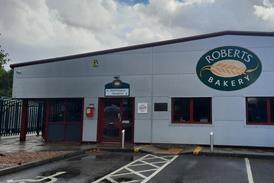

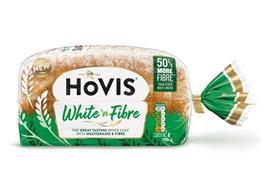







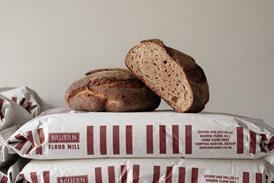


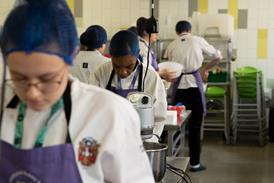




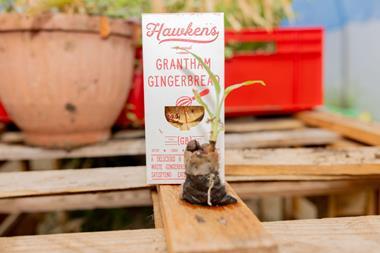




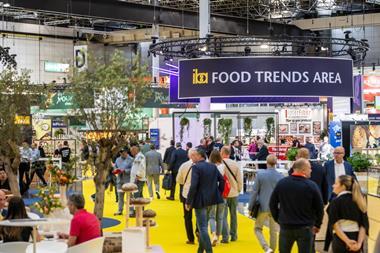
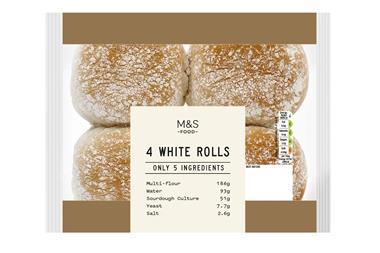

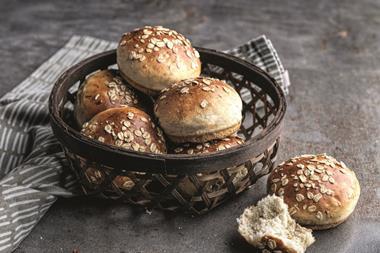
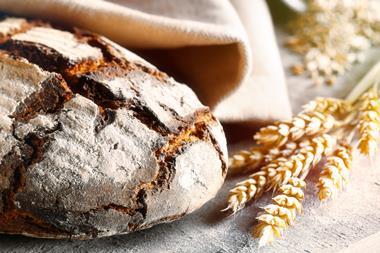



No comments yet